Checkout-free stores - is a hybrid model the best way forward?
Checkout-free stores are set for rapid international expansion in 2022, with the addition of more non-food locations, and increased competition for Amazon, says GlobalData.
Proponents say that autonomous technology can be implemented relatively quickly, that such physical locations provide retailers with rich consumer insights, and that they can also reduce labour costs, provide efficient product stocking, and improved store operations management.
At the same time, however, according to GlobalData’s latest UK Consumer Views Survey, 55.7% of Brits are currently unwilling to use a checkout-free grocery store.
The greatest concern is the need to download an app and register payment details. Retailers looking to win over more consumers will need to select in-store tech providers that can deliver a convenient, frictionless experience, GlobalData says.
The aforementioned proponents would doubtless respond with the argument that autonomous stores are currently best suited to dense urban environments, where young folks rule the roost. That concern is, therefore, not relevant.
Well, we recently ventured to a dense urban environment to visit the new Trigo technology powered Tesco GetGo store in Holborn, London.
To enter, you need the Tesco.com app and a ClubCard.
During our time there, we saw a number of disgruntled people (many of whom were 20 and 30 something office workers) being turned away at the entrance by staff members, simply because they didn’t want to shop in this newfangled way.
People who perhaps then popped to the nearby M&S Food, which offers a mix of traditional and self-checkouts.
Retailers dictating terms and turning away business, never a good look.
Dare we suggest that a hybrid approach is the way of the (immediate) future?
By way of example, discount grocery retailer, Netto, part of the Edeka Group, recently opened its first ever Trigo powered frictionless checkout store in Munich, Germany.
The 250 square metre store underwent a retrofit to become a Pick&Go hybrid autonomous offering.
“One of the staples of local and loyal grocery shoppers in the residential area of the Schwabing West neighbourhood, this Netto City store will bring Trigo’s hybrid, checkout-free solution to the discount shopping experience,” said Michael Gabay, CEO at Trigo.
“The neighbourhood, filled with students studying at the prestigious universities nearby, makes it the ideal place to open a frictionless store.”
He added: “The choice to move forward with the hybrid, checkout-free format also speaks to Netto’s commitment to innovation and customer experience.”
“The format doesn’t interfere with the discount shopping experience that customers are familiar with – they can still checkout with a traditional cashier and buy in bulk or by the crate.”
In conclusion
Over the last couple of years, retail has arguably embraced digital solutions more than any other industry.
With the Covid-19 outbreak causing the sudden closure of many physical stores and sparking a subsequent shift to e-commerce, the sector was forced to pursue an accelerated digital transformation.
Brands have been merging the worlds of online and physical retail to offer customers the best of both, namely the emotional connection of in-store and the convenience of online.
Mobile purchasing, checkout-free stores, same-day delivery and in-store pickup are just some of the offshoots of this, whilst such initiatives allow retailers greater visibility into customer behaviour, shopping preferences and product interest.
We will undoubtedly see more of this in 2022. But in their rush to embrace the store of the future, retailers must remember that innovative technologies are not a silver bullet for success in these fast changing omnichannel times.
How long did it take online shopping to become a success? Or contactless payments? Or the mass adoption of self-checkouts? These things take time to be adopted.
We keep hearing that 2022 will be the year of the customer. Well, how does barring shoppers from your cool new store fit in with that?
Hence why a hybrid model is the best way forward for checkout-free offerings. Softly, softly etc etc.
Technology should enhance the shopping experience, not interfere with it. An obvious statement, perhaps, but it’s surprising how many companies continue to forget this simple rule.

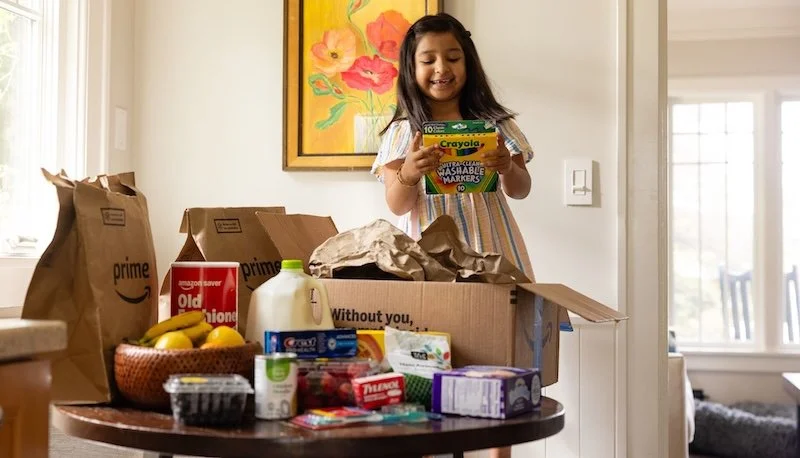


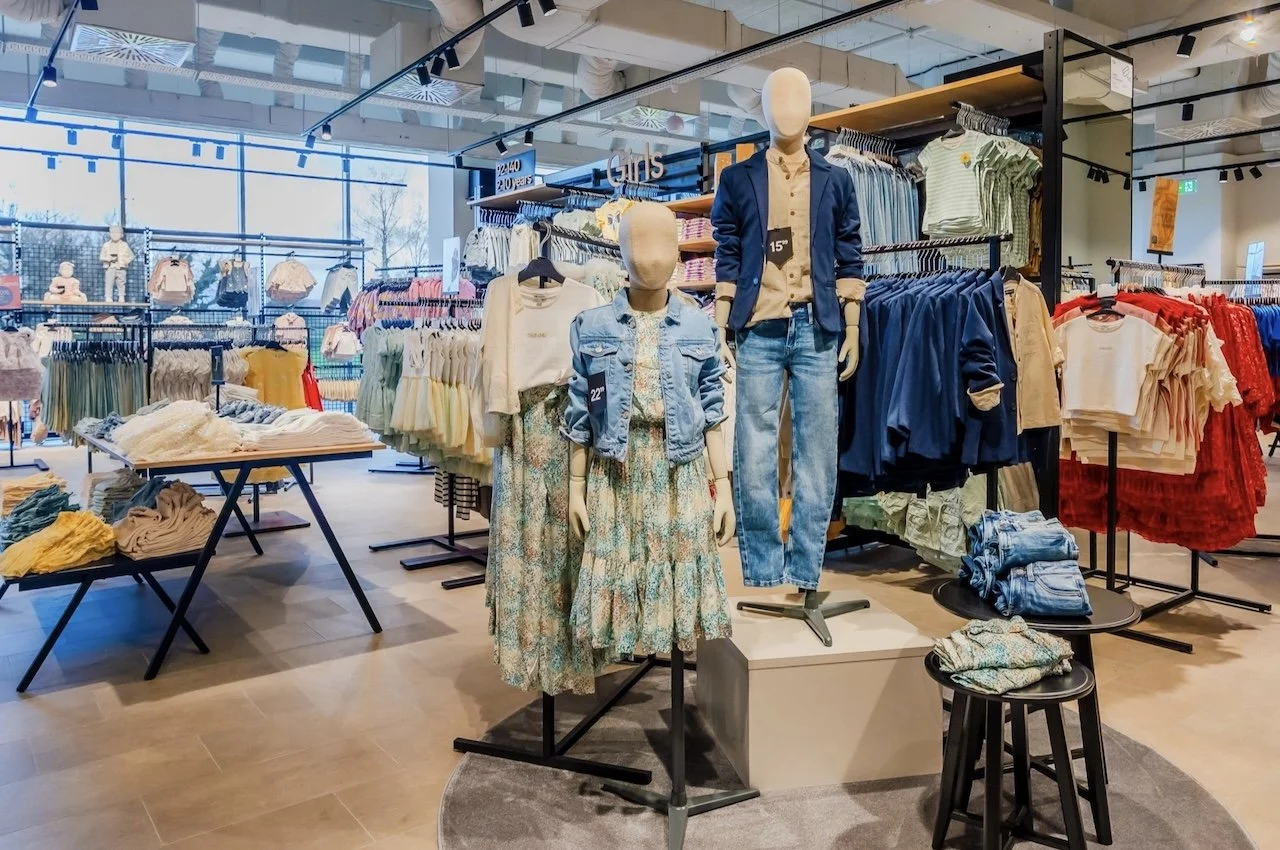
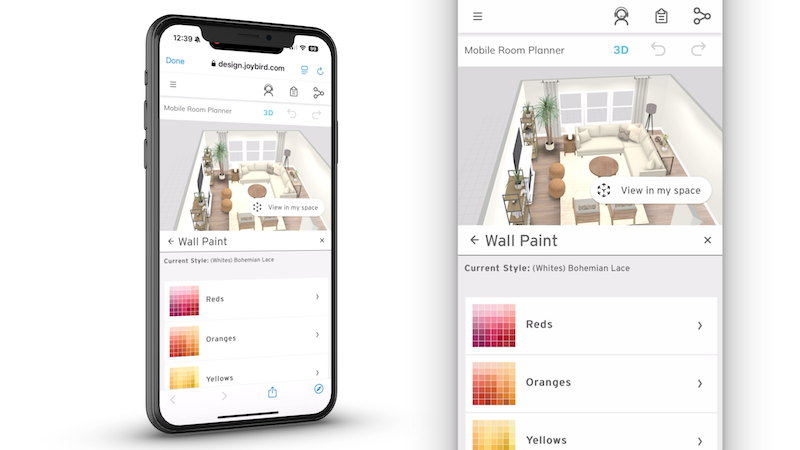
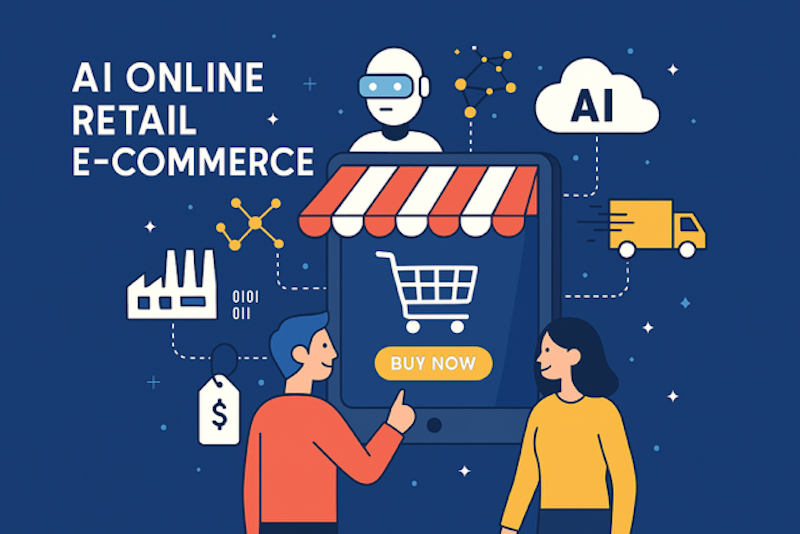
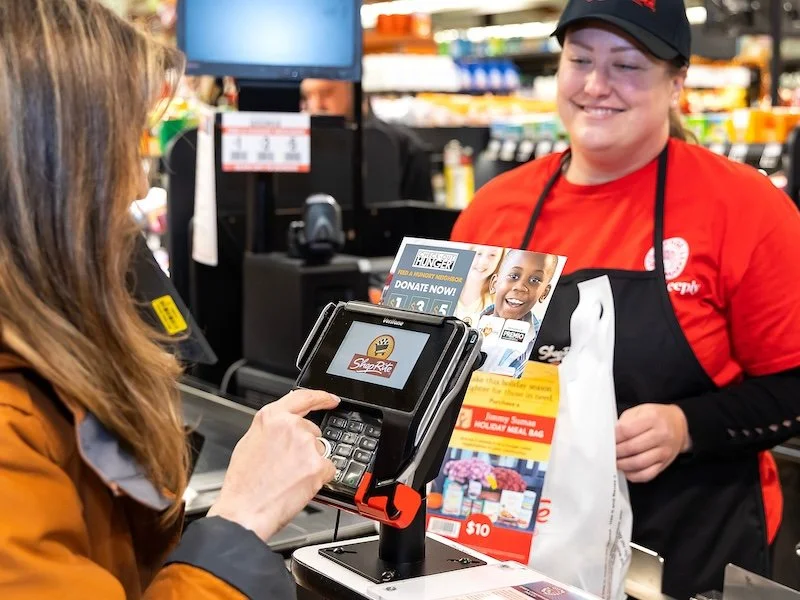
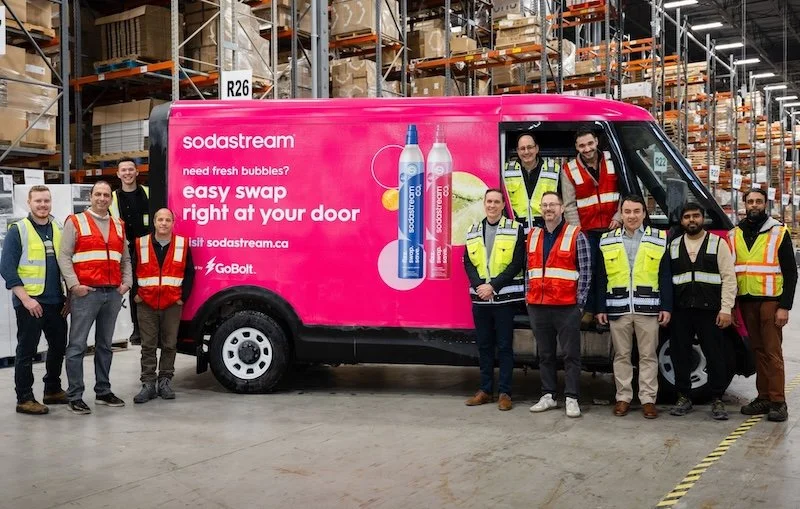

Continue reading…